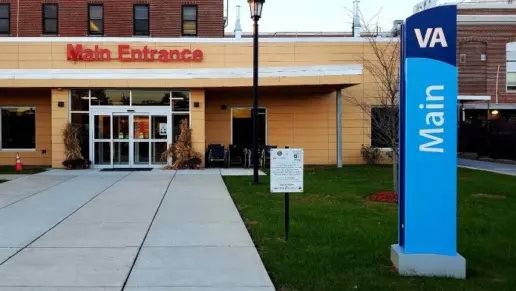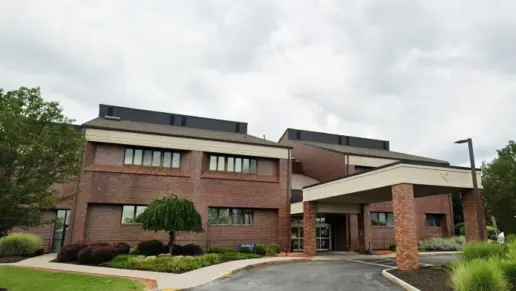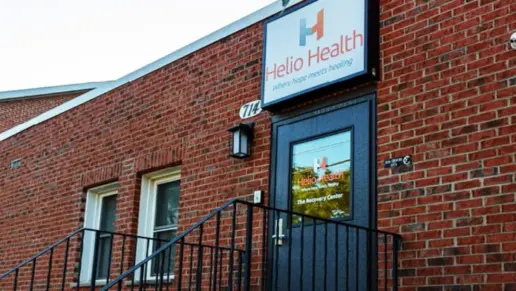About Citizen Advocates – Saranac Lake Behavioral Health Clinic
A hub for outdoor recreation, Saranac Lake, New York features Citizen Advocates – Saranac Lake Behavioral Health Clinic. Since 1975, they’ve provided addiction, mental health and developmental and intellectual disability services for adults, youth and families. You can access comprehensive outpatient care with multiple specialized programs to meet you where you are in recovery.
Outpatient care gives you the flexibility to live at home and attend treatment. Their programs provide the added convenience of transportation and virtual services. You’ll benefit from a personalized treatment plan to reach your recovery goals. Mental health and substance abuse therapy, peer support, medication assisted treatment (MAT), family services, 24/7 crisis care and more are available.
What stands out most to me is their skill building services. They recognize that sobriety is just one factor in sustained recovery. You can access life skills, job training and other career development services to secure employment after treatment. That way you can improve essential life aspects to become self-sufficient and advance in your journey.
I also think their impaired driving program is great. You can participate in screenings, assessments and treatment to reinstate your driving privileges. You’ll benefit from understanding whether you have a substance use disorder and receiving the support to work through your challenges.
Another standout feature that caught my eye was their smoking cessation services. They provide counseling and nicotine replacement therapy to quit smoking. You can access an integrated approach with proven interventions like cognitive behavioral therapy and motivational interviewing. Their facility is also tobacco-free so you won’t be surrounded by triggers when you attend treatment.
Other notable features include gambling addiction treatment, physical health programs and peer community clubs.
Rehab Score
Gallery
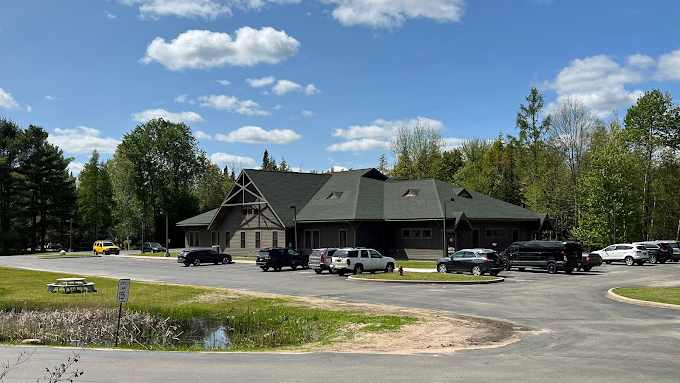
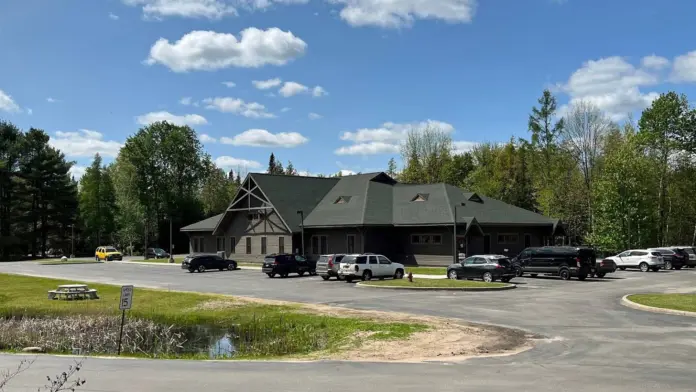
Location
Other Forms of Payment
Medicaid is a state based program that helps lower-income individuals and families pay for healthcare. Medicaid covers addiction treatment so those enrolled can use their coverage to pay for rehab. When a program accepts Medicaid the client often pays very little or nothing out of their own pocket.
Private insurance refers to any kind of healthcare coverage that isn't from the state or federal government. This includes individual and family plans offered by an employer or purchased from the Insurance Marketplace. Every plan will have different requirements and out of pocket costs so be sure to get the full details before you start treatment.
Self-pay involves paying for treatment out of your own pocket. You can use savings or credit, get a personal loan, or receive help from family and friends to fund your treatment. If you don't have insurance or your insurance plan doesn't cover a specific program, self-pay can help ensure you still get the care you need.
Financial aid can take many forms. Centers may have grants or scholarships available to clients who meet eligibility requirements. Programs that receive SAMHSA grants may have financial aid available for those who need treatment as well. Grants and scholarships can help you pai for treatment without having to repay.
Medicare is a federal program that provides health insurance for those 65 and older. It also serves people under 65 with chronic and disabling health challenges. To use Medicare for addiction treatment you need to find a program that accepts Medicare and is in network with your plan. Out of pocket costs and preauthorization requirements vary, so always check with your provider.
Military members, veterans, and eligible dependents have access to specific insurance programs that help them get the care they need. TRICARE and VA insurance can help you access low cost or no cost addiction and mental health treatment. Programs that accept military insurance often have targeted treatment focused on the unique challenges military members, veterans, and their families face.
Addiction Treatments
Levels of Care
Treatments
Many of those suffering from addiction also suffer from mental or emotional illnesses like schizophrenia, bipolar disorder, depression, or anxiety disorders. Rehab and other substance abuse facilities treating those with a dual diagnosis or co-occurring disorder administer psychiatric treatment to address the person's mental health issue in addition to drug and alcohol rehabilitation.
A combined mental health and substance abuse rehab has the staff and resources available to handle individuals with both mental health and substance abuse issues. It can be challenging to determine where a specific symptom stems from (a mental health issue or an issue related to substance abuse), so mental health and substance abuse professionals are helpful in detangling symptoms and keeping treatment on track.
Programs


Clinical Services
Research clearly demonstrates that recovery is far more successful and sustainable when loved ones like family members participate in rehab and substance abuse treatment. Genetic factors may be at play when it comes to drug and alcohol addiction, as well as mental health issues. Family dynamics often play a critical role in addiction triggers, and if properly educated, family members can be a strong source of support when it comes to rehabilitation.
Group therapy is any therapeutic work that happens in a group (not one-on-one). There are a number of different group therapy modalities, including support groups, experiential therapy, psycho-education, and more. Group therapy involves treatment as well as processing interaction between group members.
Staff
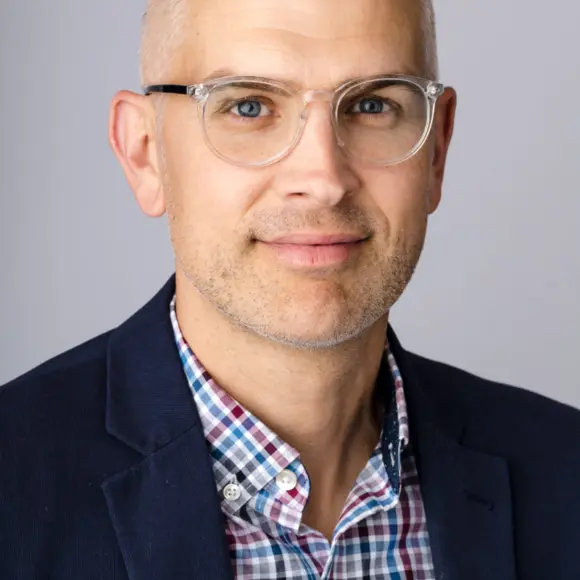
President & CEO
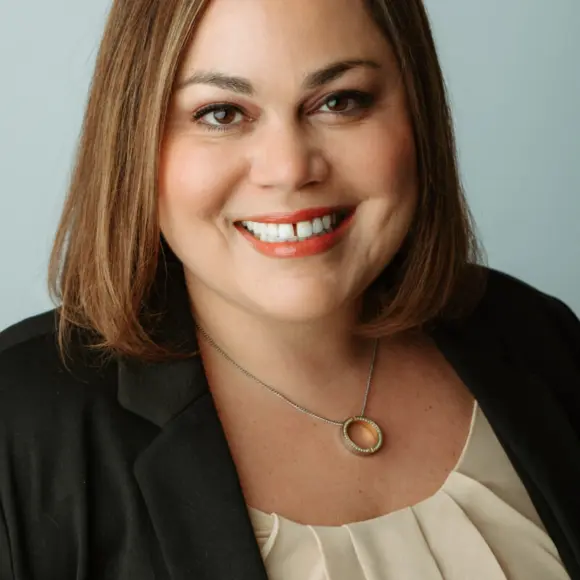
VP of Operations & Finance

Chief of Staff
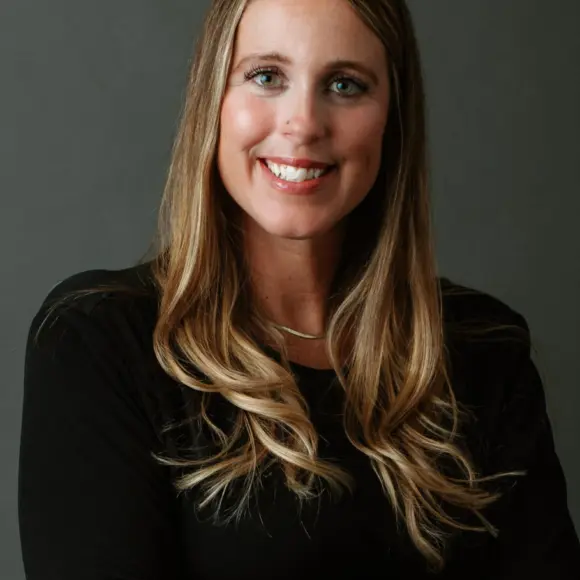
Associate VP of Finance
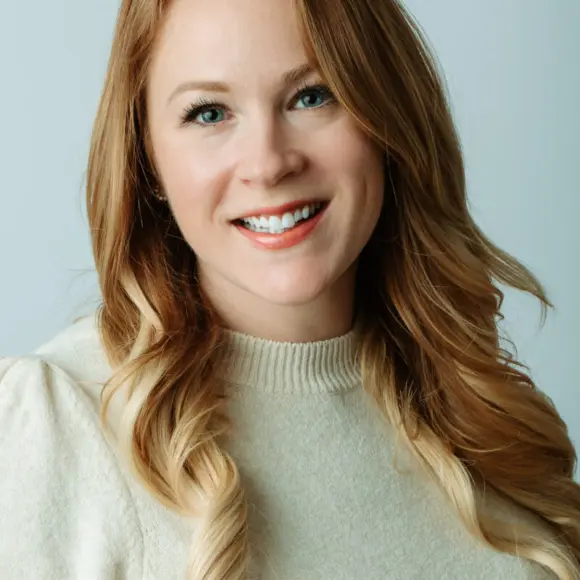
Network Associate VP of Operations
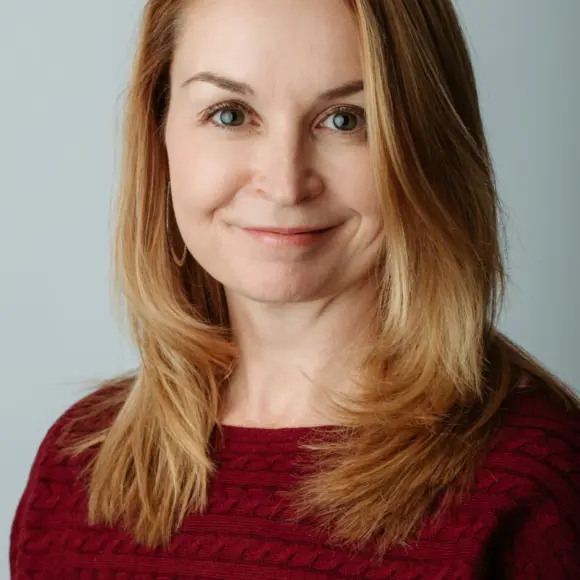
Associate VP of People
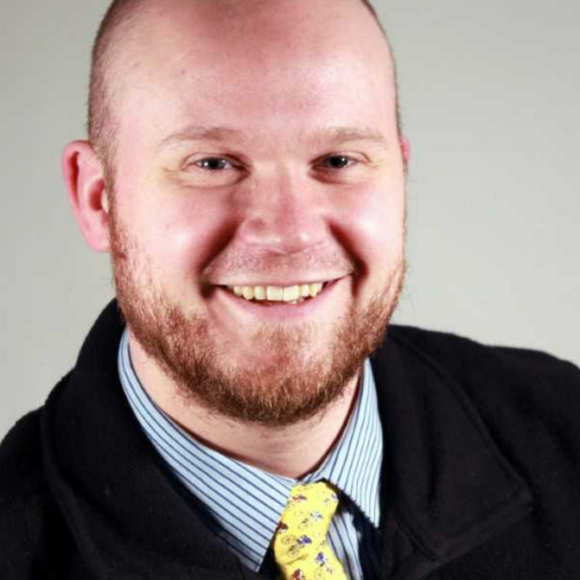
Associate VP of Clinical Care
Contact Information
70 Edgewood Rd
Saranac Lake, NY 12983
